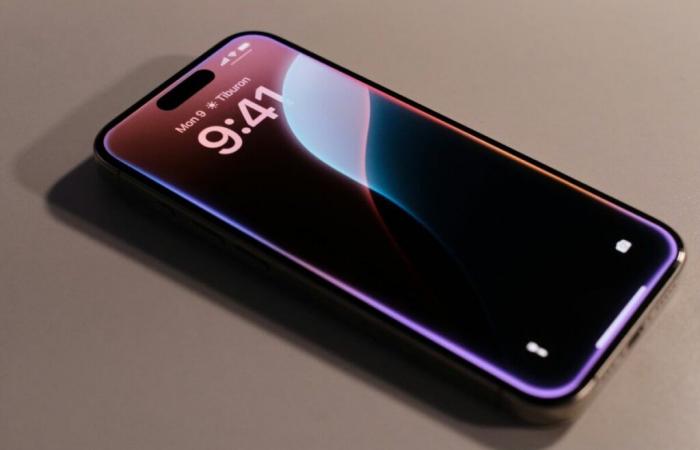Sixteen years after the revolutionary launch of the iPhone, Apple faces a difficult reality: the iPhone will likely remain its greatest success.
Apple made a statement to Financial Times : the company warns its shareholders that its future products will probably never be able to match the phenomenal success of the iPhone.
New products, services and technologies may replace or displace existing offerings and may produce lower revenues and lower profit margins, which may have a material adverse impact on the company’s business, results of operations and financial condition. ‘business.
Apple
This announcement, slipped into the company’s latest annual report, raises fundamental questions about the future of Apple and, more broadly, about its capacity for innovation. The iPhone, which remains Apple’s main source of revenue, appears to have reached a level of success that is impossible to replicate.
To go further
The best Apple iPhones: which one to choose in 2024?
There are several reasons for this statement.
First, the tense geopolitical context between the United States and China threatens the company’s supply chain. Economic sanctions and trade restrictions are creating unprecedented uncertainty.
These risks, combined with growing regulatory pressures, such as the record €13 billion fine in the EU, paint a more complex future for Apple.
Apple’s new territories
Faced with these challenges, Apple is trying to reinvent itself. The Vision Pro, its $3,499 mixed reality headset, struggles to convince. The company is also banking on artificial intelligence with Apple Intelligence, but faces fierce competition from Google and Meta.
YouTube link Subscribe to Frandroid
This content is blocked because you have not accepted cookies and other trackers. This content is provided by YouTube.
To be able to view it, you must accept the use carried out by YouTube with your data which may be used for the following purposes: allowing you to view and share content with social media, promoting the development and improvement of products from Humanoid and its partners, display personalized advertisements to you in relation to your profile and activity, define a personalized advertising profile, measure the performance of advertisements and content on this site and measure the audience of this site (find out more more)
By clicking on “I accept all”, you consent to the aforementioned purposes for all cookies and other trackers placed by Humanoid and its partners.
You can withdraw your consent at any time. For more information, we invite you to read our Cookies Policy.
I accept everything
Manage my choices
This transition to new markets is accompanied by a brutal economic reality: the profit margins of these new products are likely to be lower than those of the iPhone. A change that worries investors accustomed to the company’s exceptional performance.
Finally, Apple’s strategy in terms of artificial intelligence raises many questions. The Cupertino company is lagging significantly behind in this area compared to competitors like Microsoft, Google or OpenAI.
Indeed, Apple has chosen not to charge extra for its AI service, integrating it directly into its devices. This strategy, which may seem generous, probably hides a longer-term calculation. The company is banking on a double effect: on the one hand, encouraging customers to renew their hardware to access these new features, and on the other hand, preparing the ground for future premium offers.
However, this strategy is not without risks. The AI market is evolving rapidly, and Apple’s competitors are already offering more mature solutions. Google Bard and Microsoft Copilot are available for free on any device, while Apple has yet to roll out everything planned.
The Tim Cook era
The Tim Cook era, although marked by remarkable financial management which propelled Apple to historic stock market heights, could thus be coming to an end. There has been talk of his replacement for several months, but nothing has been announced in this regard at the moment.
To go further
Who is John Ternus, the one who could take over the reins of Apple after Tim Cook






